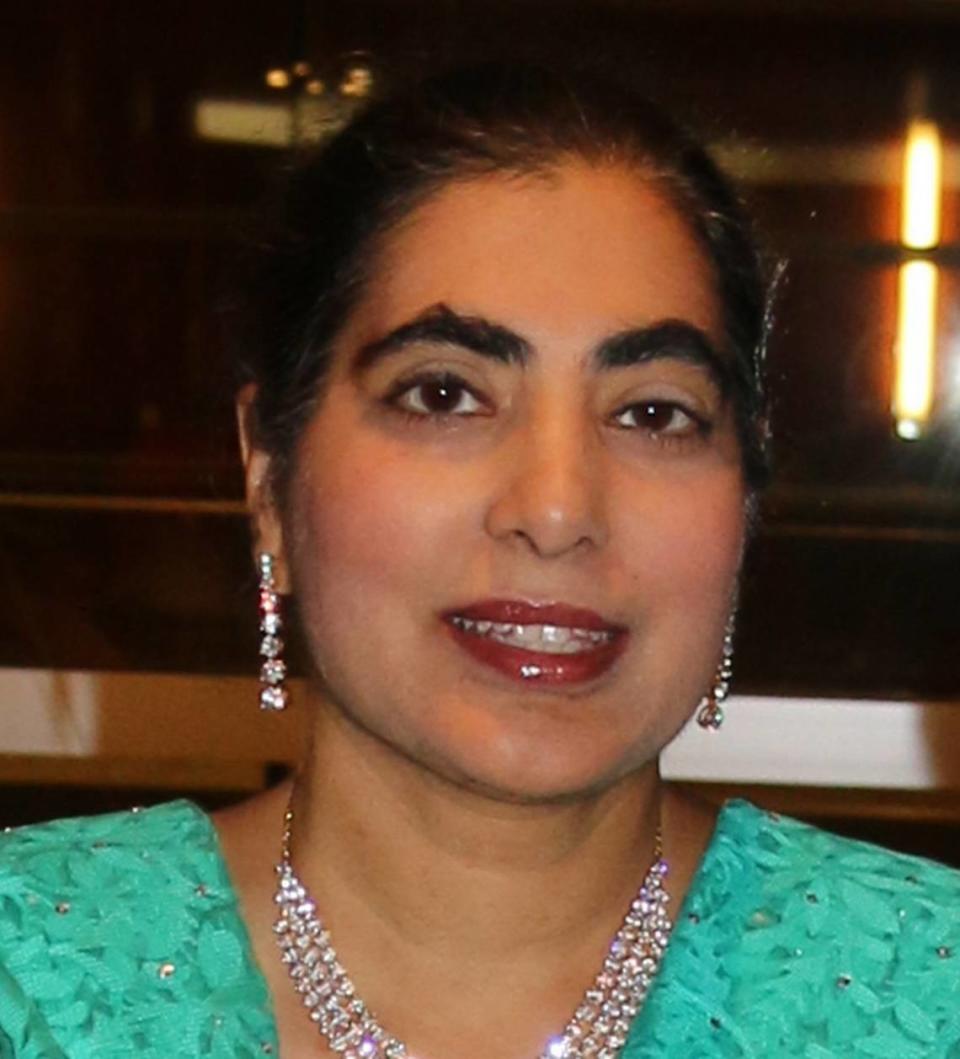I’m Sikh. The incident at UNCC reminded me how misunderstood we are
A video of a Sikh student being handcuffed at the University of North Carolina’s Charlotte campus recently went viral.
According to a statement later released by UNCC, officers responded to a 911 call about someone in the student union having a knife. The Sikh student was handcuffed and the object confiscated. But the item in question was actually the student’s kirpan — one of the five articles of faith kept by many members of the Sikh religion.
As a member of Charlotte’s Sikh community, and someone who has long been involved with Sikh civil rights issues due to my involvement with the Sikh Coalition, I am first and foremost grateful that this student is safe following this encounter. I am also gratified to see that the UNCC apologized for the incident, and is willing to lean into conversations about articles of faith on their campus.
But at a high level, I am also concerned by the entire situation. Perhaps more than anything else, the incident serves to show how more than 100 years after arriving in the United States and becoming a part of communities across the nation, Sikhs are still widely misunderstood — to our detriment.

Sikhism is an independent faith tradition that was founded in South Asia roughly 550 years ago. It is the fifth largest organized religion in the world, with roughly 25 million adherents worldwide and approximately 500,000 here in the United States. In many parts of the world, Sikhs are well known to all — partially due to our articles of faith. Including kirpans, these articles are meant as not only a personal reminder of the tenets of our faith (love, service and justice among them), but also as a kind of external uniform or identifier. In theory, anyone should be able to look out in a crowd and spot a Sikh to ask for help if they are ever in need.
This idea fails in practice, though, when Sikhs, Sikhism, and our articles of faith are not known to the general public — or when they (or we) are regarded with fear and suspicion instead of trust.
For years after 9/11, there was a spike in anti-Sikh hate incidents as some Americans falsely conflated Sikh turbans and beards with violent extremism; the Sikh Coalition recorded more than 300 such incidents in the first month after Sept. 11, 2001, alone. And while the recent incident at UNCC certainly was not a hate crime, it was a reminder that we have to do better — both in terms of increasing religious literacy across the board in our society, as well as crafting policies that are inclusive of those from a wide range of faith traditions.

For religious literacy, our state has taken steps forward in recent years on the first point. In February 2021, the State Board of Education voted to adopt new K-12 Social Studies Standards that will include Sikhism in their associated content and examples, meaning that public schoolchildren in our state will be much more likely to learn about Sikhism alongside other world religions. Paired with the continued engagement of Sikh parents and their students’ teachers, this will surely mean safer and more inclusive classrooms for all students.
It also remains incumbent on all institutions to continuously work to ensure that religious accommodations are easy to obtain and well-understood by all employees, in both the public and private sectors. This, of course, transcends Sikh concerns alone, and should include things like prayer time, dietary restrictions, holiday observances, and other items applicable to a wide range of beliefs.
The more proactively we craft rules and structures in accordance with the needs of our diverse community, the more readily we ensure that no one’s religious expression is infringed upon.
At the end of the day, as a Sikh in North Carolina, I want the same things any member of our state does: awareness of my traditions, safety for my community, and respect for myself. I’m hopeful that this difficult moment is a step towards the kinds of conversations that will continue to further all of those essential — and near-universal — goals.
Dr. Suneet Kaur is a primary care physician who lives in Charlotte. She’s an active member of the Sikh community and serves on the national board of The Sikh Coalition, the nation’s largest Sikh civil rights organization.

 Yahoo Movies
Yahoo Movies 